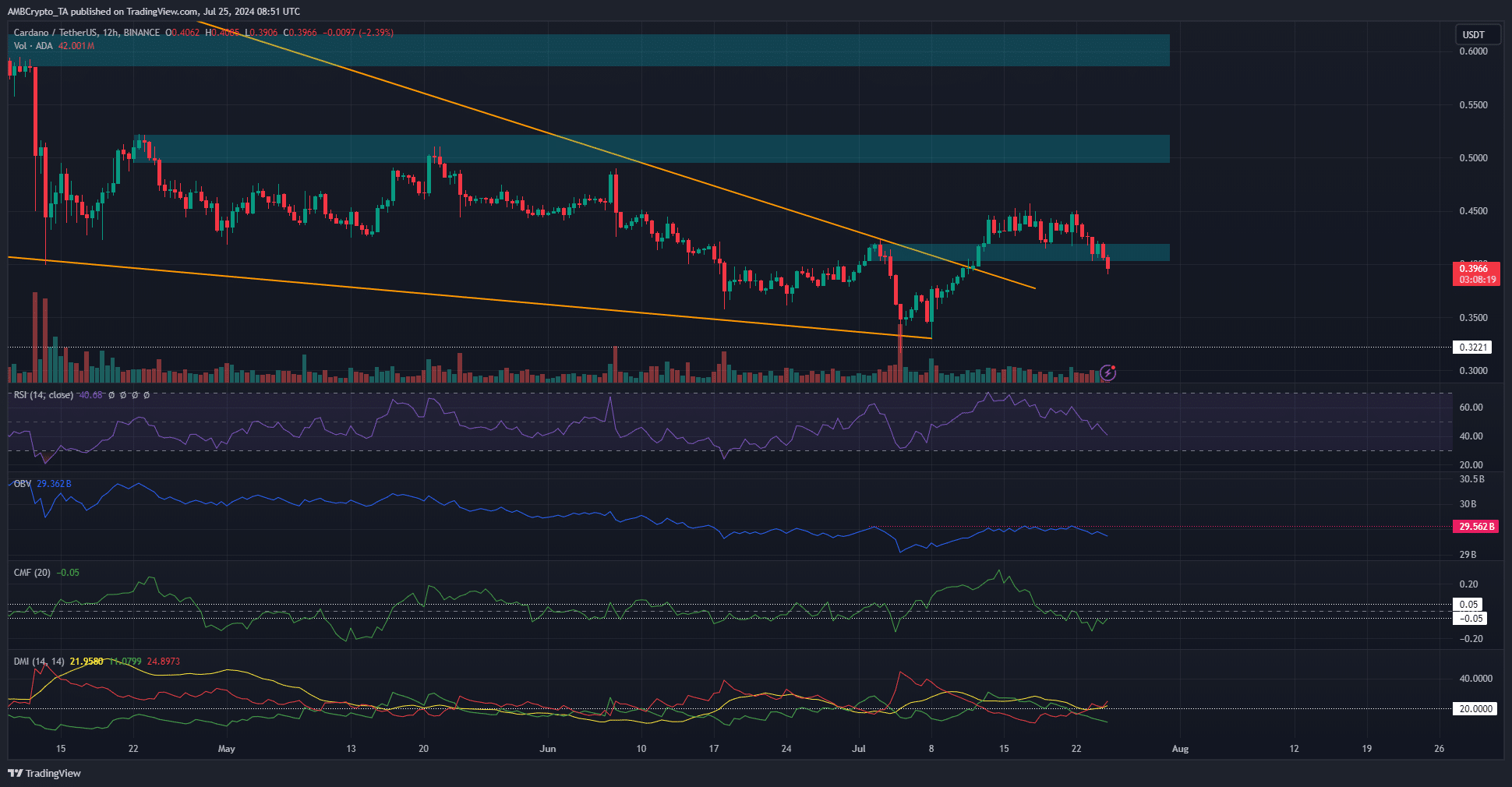Category: Forex News
Bank of England Probes Bank Valuations and the Private Equity Industry LeapRate
On Wednesday, the Bank of England announced it is intensifying its scrutiny of the private equity sector due to its opaque nature and the comparatively low valuations of Britain’s leading banks against their global counterparts. The Bank’s Financial Policy Committee highlighted concerns about financing riskier corporate entities, especially given the growing risk of a significant adjustment in various asset prices.
In its March quarterly meeting notes, the Committee acknowledged the vital role of private equity in facilitating finance to the UK’s real economy. However, it pointed out the challenges in evaluating asset values and leverage within this sector, which complicates the assessment of potential risks to financial stability, investment, and employment.
It was also noted that private equity finds it difficult to exit investments via initial public offerings (IPOs), coupled with an increased reliance on bank financing for additional leverage.
Furthermore, the report detailed how companies backed by private equity increasingly resort to “amend and extend” agreements or “payment in kind” options to circumvent refinancing at higher interest rates, potentially heightening the risk of unexpected credit losses in the future.
The Financial Policy Committee plans to release a more detailed analysis of these risks in its Financial Stability Report in June 2024.
Don’t miss out the latest news, subscribe to LeapRate’s newsletter
Regarding the health of Britain’s banking sector, the report reassured that it is “well-capitalised” and possesses “strong liquidity,” enabling continued lending even under worsening economic and financial conditions.
It revealed that in the last quarter of the previous year, major banks such as NatWest, Lloyds, HSBC, and Barclays maintained a core equity capital buffer of 14.7%, with a liquidity coverage ratio averaging 147% over three months.
Despite this robustness, the Bank of England will conduct a “desk-based” stress test this year to evaluate the resilience of lenders to shocks. The Financial Policy Committee decided to keep the countercyclical capital buffer for major UK banks at a “neutral” level of 2%.
While these banks’ overall profitability is expected to remain strong, market indicators of their future profitability, such as the average tangible price-to-book ratios, are still subdued.
Source link
Discover more from BIPNs
Subscribe to get the latest posts sent to your email.
Written by : Editorial team of BIPNs
Main team of content of bipns.com. Any type of content should be approved by us.
Share this article:
Discover more from BIPNs
Subscribe to get the latest posts sent to your email.










